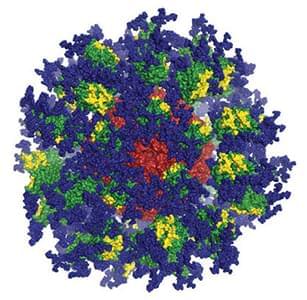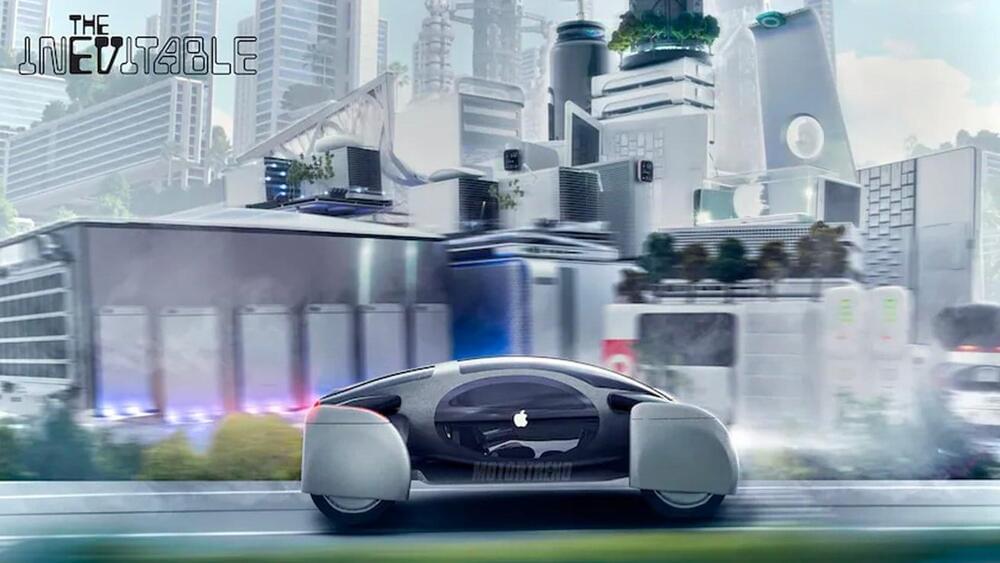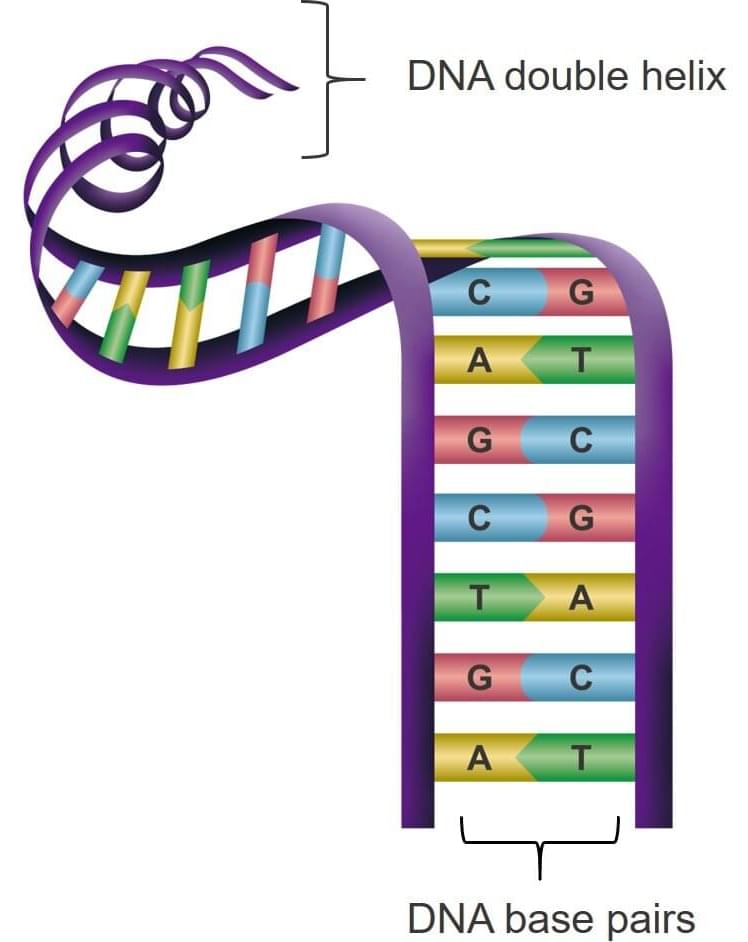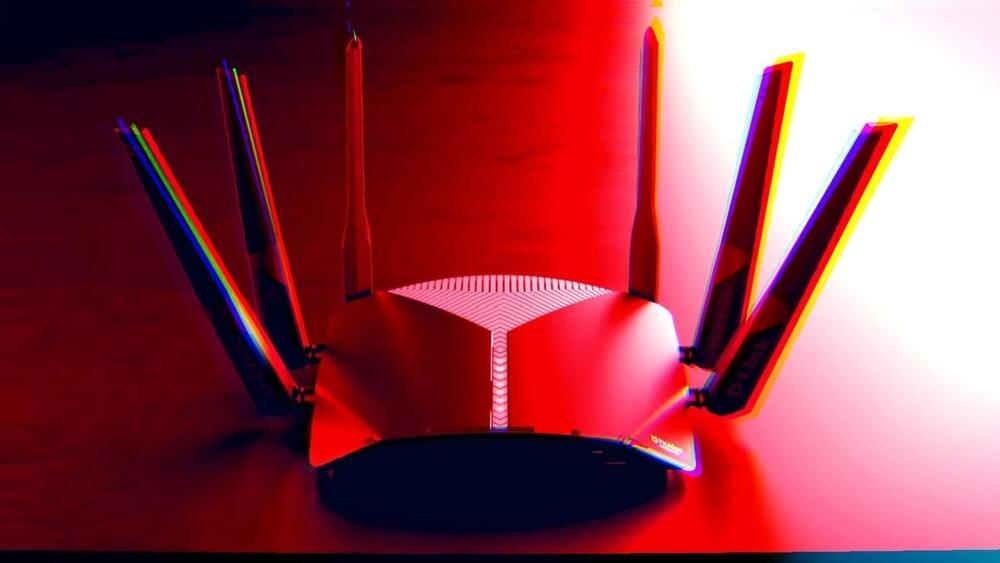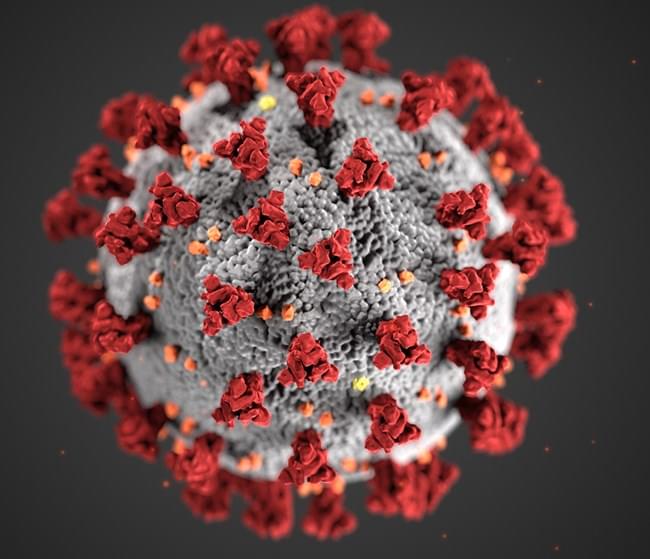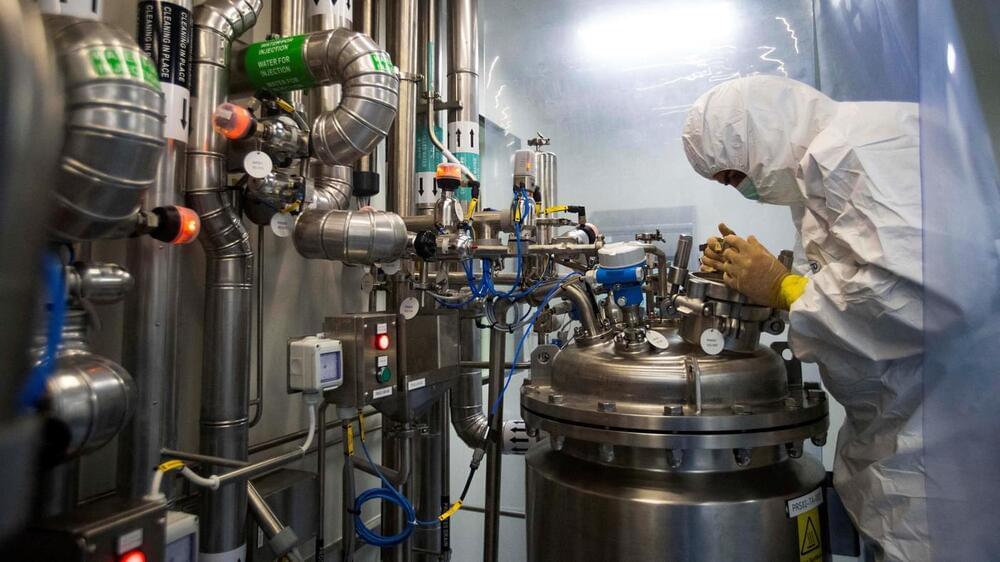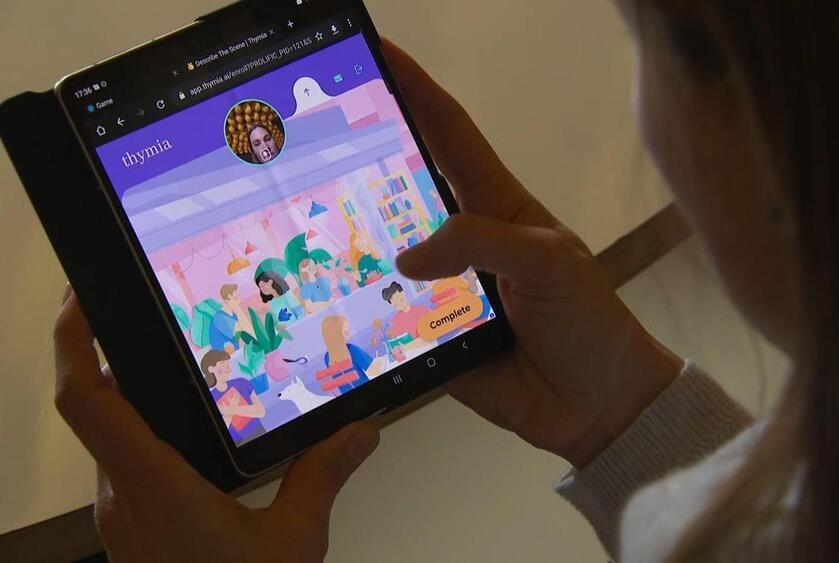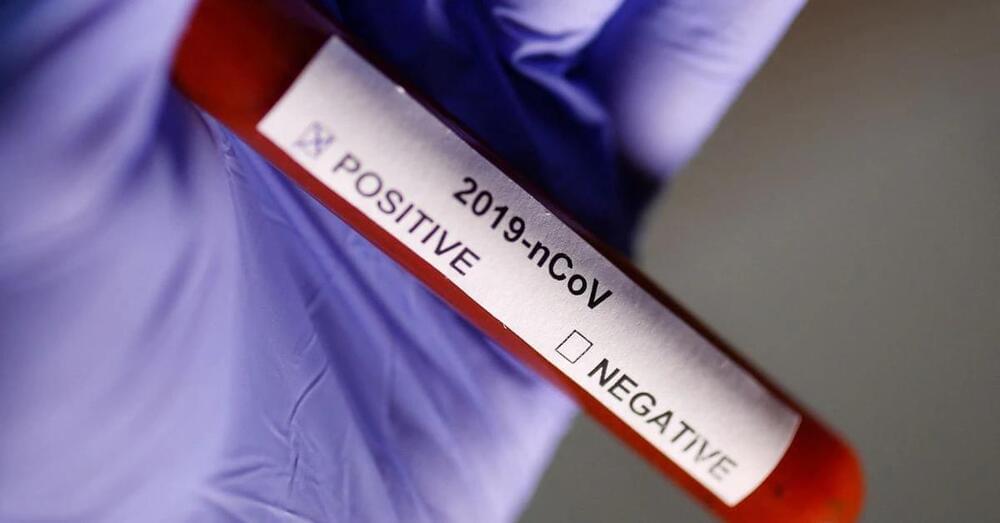Phase I trial aims to build on response seen in proof-of-concept trial.
NEW YORK AND CAMBRIDGE, MASS. — JANUARY 27, 2022 — IAVI and biotechnology company Moderna announced today that first doses have been administered in a clinical trial of experimental HIV vaccine antigens at George Washington University (GWU) School of Medicine and Health Sciences in Washington, D.C. The Phase I trial, IAVI G002, is designed to test the hypothesis that sequential administration of priming and boosting HIV immunogens delivered by messenger RNA (mRNA) can induce specific classes of B-cell responses and guide their early maturation toward broadly neutralizing antibody (bnAb) development. The induction of bnAbs is widely considered to be a goal of HIV vaccination, and this is the first step in that process. The immunogens being tested in IAVI G002 were developed by scientific teams at IAVI and Scripps Research and will be delivered via Moderna’s mRNA technology.
IAVI and Moderna and do not necessarily reflect the views of USAID or the United States government.
